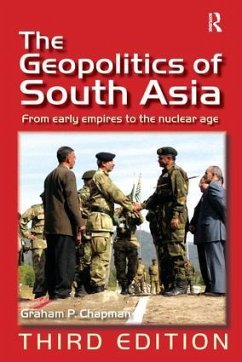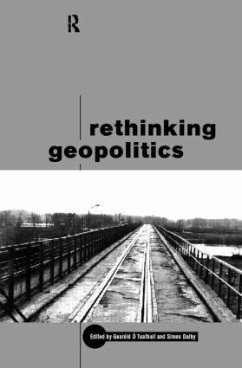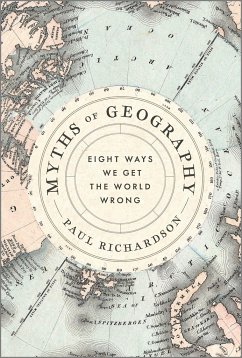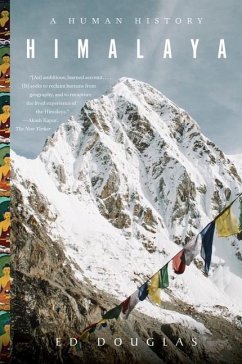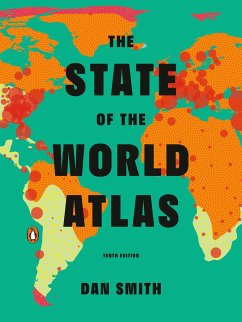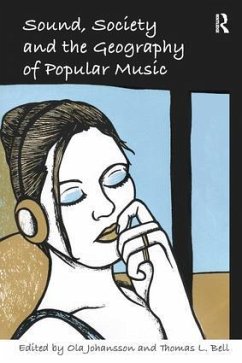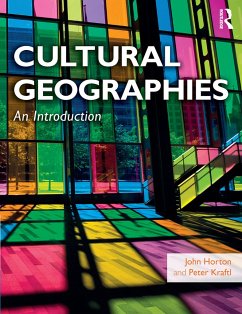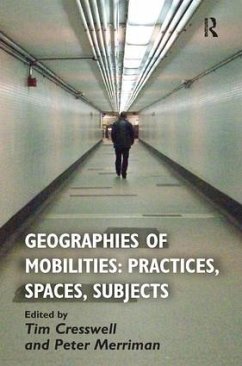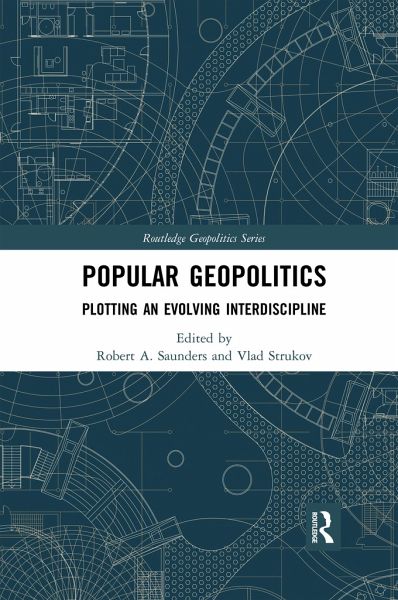
Popular Geopolitics
Plotting an Evolving Interdiscipline
Herausgeber: Saunders, Robert A.; Strukov, Vlad
Versandkostenfrei!
Versandfertig in 1-2 Wochen
55,99 €
inkl. MwSt.

PAYBACK Punkte
28 °P sammeln!
This book brings together scholars from across a variety of academic disciplines to assess the current state of the subfield of popular geopolitics. It provides an archaeology of the field, maps the flows of various frameworks of analysis into (and out of) popular geopolitics, and charts a course forward for the discipline. It explores the real-world implications of popular culture, with a particular focus on the evolving interdisciplinary nature of popular geopolitics alongside interrelated disciplines including media, cultural, and gender studies.






